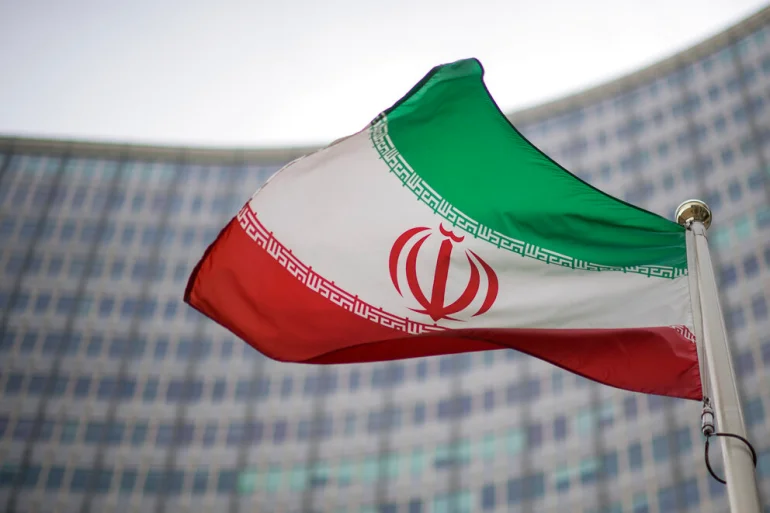Will alleged drone sales to Russia impact Iran’s nuclear deal?
Talks to revive the agreement remain in limbo as a UN resolution underpinning the accord is being dragged into the Ukraine war.
Tehran, Iran – Iran and the West are arguing over Tehran’s alleged drone sales to Russia for the war in Ukraine, an issue now being linked to a United Nations resolution backing the country’s nuclear deal with world powers.
UN Security Council Resolution 2231 was unanimously adopted in 2015 to endorse the Joint Comprehensive Plan of Action (JCPOA) – the accord that Iran signed with China, Russia, the United States, United Kingdom, France and Germany to get sanctions relief in exchange for curbs on its nuclear programme.
The US unilaterally abandoned the accord in 2018 and imposed harsh sanctions that remain in place today. Efforts since April 2021 to restore the deal have stalled.
European powers are now trying to use a periodic reporting mechanism in the resolution. Last week they called on UN Secretary General Antonio Guterres to investigate Iran’s purported drone sales to Russia, a claim Tehran has consistently denied.
The US has said the alleged export of “kamikaze drones” used in Ukraine could be a breach of the resolution.
The JCPOA included a ban on exports of conventional arms by Iran, which expired in October 2020 despite opposition by the US. It still retains a ban on activities related to ballistic missiles, which is set to expire in October 2023.
‘Spend it to buy coal’
Western powers say Tehran could be in breach of obligations that limit proliferation of missiles which, if proven, could potentially trigger a “snapback” mechanism that would automatically reinstate international sanctions against Iran.
Tehran has unsurprisingly rejected the call for a UN investigation based on the JCPOA resolution. Foreign ministry spokesman Nasser Kanani strongly condemned it in a statement on Saturday.
On Monday, Kanani reiterated Tehran’s stance that it has not provided Moscow with Shahed-136 suicide drones or other munitions for the war in Ukraine despite sharing “defence cooperation” with the Kremlin.
He also denied a White House claim that the Islamic Revolutionary Guard Corps sent personnel to Russian-annexed Crimea to help with operating the drones.



